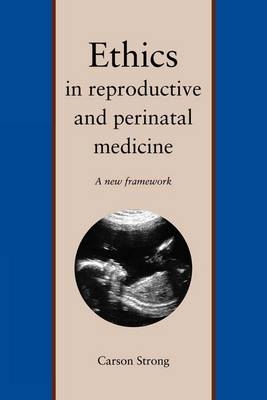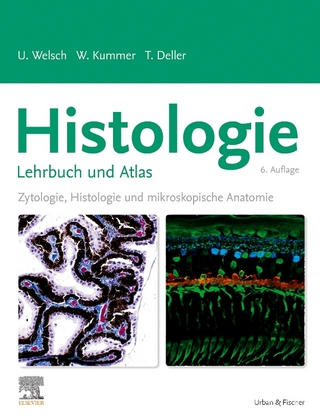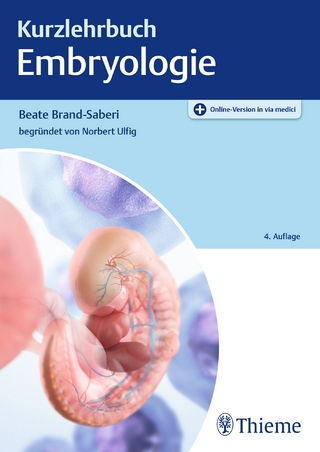
Ethics in Reproductive and Perinatal Medicine
A New Framework
Seiten
1997
Yale University Press (Verlag)
978-0-300-18298-9 (ISBN)
Yale University Press (Verlag)
978-0-300-18298-9 (ISBN)
- Titel z.Zt. nicht lieferbar
- Versandkostenfrei innerhalb Deutschlands
- Auch auf Rechnung
- Verfügbarkeit in der Filiale vor Ort prüfen
- Artikel merken
Advances in reproductive and perinatal medicine have given rise to difficult ethical issues. Do all women have the right to choose whether to reproduce? What is the moral status of the fetus during various stages of gestation and what obligations do parents have to the fetus during this period? In this book Carson Strong develops an ethical framework that helps resolve these and many other issues of vital concern to health professionals, policymakers, and the general public.
Strong begins by exploring the significance of reproductive freedom, drawing on constitutional law and feminist writings, among other sources. Next he assesses the moral status of offspring during preembryonic, embryonic, fetal, and postnatal stages of development, discussing the obligations of procreators during gestation and offering a new perspective on the idea that the moral standing of the fetus increases as fetal development proceeds. He then suggests an approach to the question of how priorities should be assigned to conflicting values, one that draws on a version of casuistic reasoning. In the second half of the book, Strong applies this ethical framework to some of the problematic areas in reproductive and perinatal medicine. These include prenatal genetic testing for susceptibilities to common diseases and for "enhancement" of offspring; research using preembryos and embryos; nontraditional family arrangements, such as surrogate motherhood and ovum donation for older women; and treatment of fetuses with anomalies. His discussion takes into account the clinical dimensions of issues and reflects a thorough consideration of the ethical, legal, medical, and psychosocial literature.
Strong begins by exploring the significance of reproductive freedom, drawing on constitutional law and feminist writings, among other sources. Next he assesses the moral status of offspring during preembryonic, embryonic, fetal, and postnatal stages of development, discussing the obligations of procreators during gestation and offering a new perspective on the idea that the moral standing of the fetus increases as fetal development proceeds. He then suggests an approach to the question of how priorities should be assigned to conflicting values, one that draws on a version of casuistic reasoning. In the second half of the book, Strong applies this ethical framework to some of the problematic areas in reproductive and perinatal medicine. These include prenatal genetic testing for susceptibilities to common diseases and for "enhancement" of offspring; research using preembryos and embryos; nontraditional family arrangements, such as surrogate motherhood and ovum donation for older women; and treatment of fetuses with anomalies. His discussion takes into account the clinical dimensions of issues and reflects a thorough consideration of the ethical, legal, medical, and psychosocial literature.
| Erscheint lt. Verlag | 24.11.2011 |
|---|---|
| Sprache | englisch |
| Maße | 156 x 235 mm |
| Gewicht | 408 g |
| Themenwelt | Medizin / Pharmazie ► Allgemeines / Lexika |
| Medizin / Pharmazie ► Medizinische Fachgebiete ► Medizinethik | |
| Medizin / Pharmazie ► Medizinische Fachgebiete ► Pädiatrie | |
| Studium ► 1. Studienabschnitt (Vorklinik) ► Histologie / Embryologie | |
| Studium ► Querschnittsbereiche ► Geschichte / Ethik der Medizin | |
| ISBN-10 | 0-300-18298-8 / 0300182988 |
| ISBN-13 | 978-0-300-18298-9 / 9780300182989 |
| Zustand | Neuware |
| Informationen gemäß Produktsicherheitsverordnung (GPSR) | |
| Haben Sie eine Frage zum Produkt? |
Mehr entdecken
aus dem Bereich
aus dem Bereich
Zytologie, Histologie und mikroskopische Anatomie
Buch | Hardcover (2022)
Urban & Fischer in Elsevier (Verlag)
54,00 €


